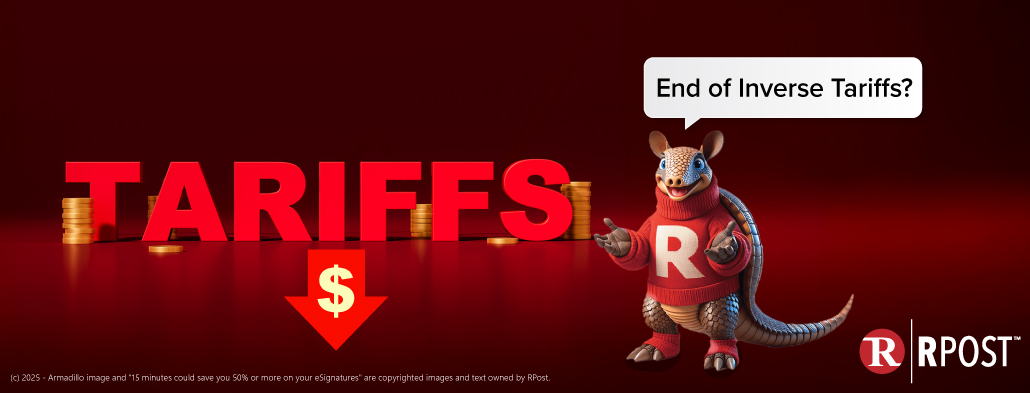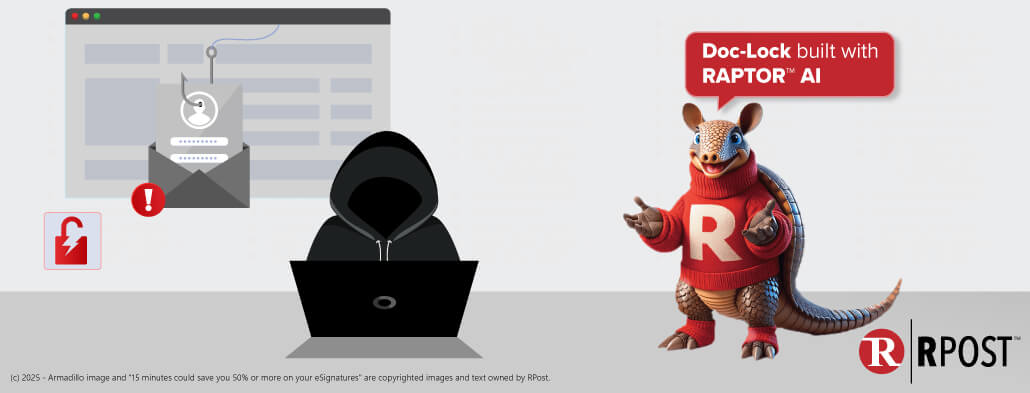
insideARM.com, April 30th 2011, Frank Maguire Wrote:
Unfortunately for FTC workshop attendees, Panel 4 discussion on email usage in the collections process was somewhat disjointed.
Electronic law was enacted to promote business commerce thru the use of electronic signatures and records and basically the law(s) afford properly recorded / executed email transmissions the same force of law as wet signatures / hard copy with expressed exceptions clearly delineated.
Therefore, despite the archaic FDCPA provisions the FTC has opined that electronic law does indeed allow for the use of email in the collections process.
However, as a practical matter the collections agent would first want to obtain and retain a recorded consent document (hard copy, recorded phone, website menu choice, or electronic format, etc.) for commencing electronic collections activity per provisions of ESIGN in order to proceed with collections resolution to conclusion, which in effect would eventually involve the consumer agreeing to debt acknowledgement, terms, conditions, etc. electronically.
Plus, this step is critical so that the accurate email address is employed by collector as provided by the consumer who is extending consent to proceed with the collection process electronically.
Collectors must employ “special feature” email services that protect both sender and recipient alike and create a “legal proof” record that can be verified by either party to the transaction, or third party adjudicant – attributes not imbedded within plain vanilla email.

April 25, 2025

April 17, 2025

April 11, 2025

April 04, 2025

March 28, 2025